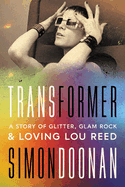NEIBA Fall Conference: Kwame Alexander and Jeff Kinney
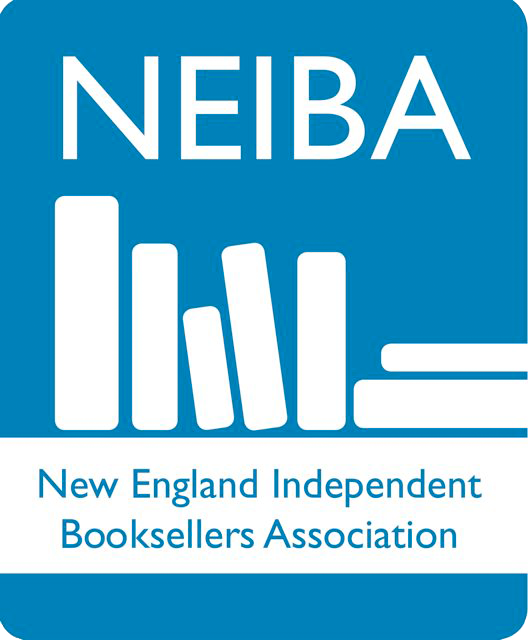
The New England Independent Booksellers Association's FallCon began Wednesday morning in Providence, R.I., with an opening keynote featuring Kwame Alexander, author of The Door of No Return (Little, Brown Books for Young Readers), in conversation with Jeff Kinney, author of the Wimpy Kid series (Abrams) and owner of An Unlikely Story, Plainville, Mass.
"Describing this opening keynote as a blockbuster might be underselling," said NEIBA executive director Beth Ineson. Kinney started the interview by reminding Alexander that he is personally a "six-time Nickelodeon Kids' Choice Award winner." "I appreciate that," Alexander replied. "How many Newberys have you won?" The friends followed this exchange by telling stories that showed their lovingly antagonistic relationship: "One time he asked me to blurb a book for him," Kinney recalled. Kinney gave one or two "legitimate blurbs" and then "about seven insults. [Alexander] put all of them on the back of his book." When Kinney was invited to do this interview, he suggested to Alexander that they do their own version of Zach Galifianakis's Between Two Ferns. "Maybe read the book first," Alexander responded.
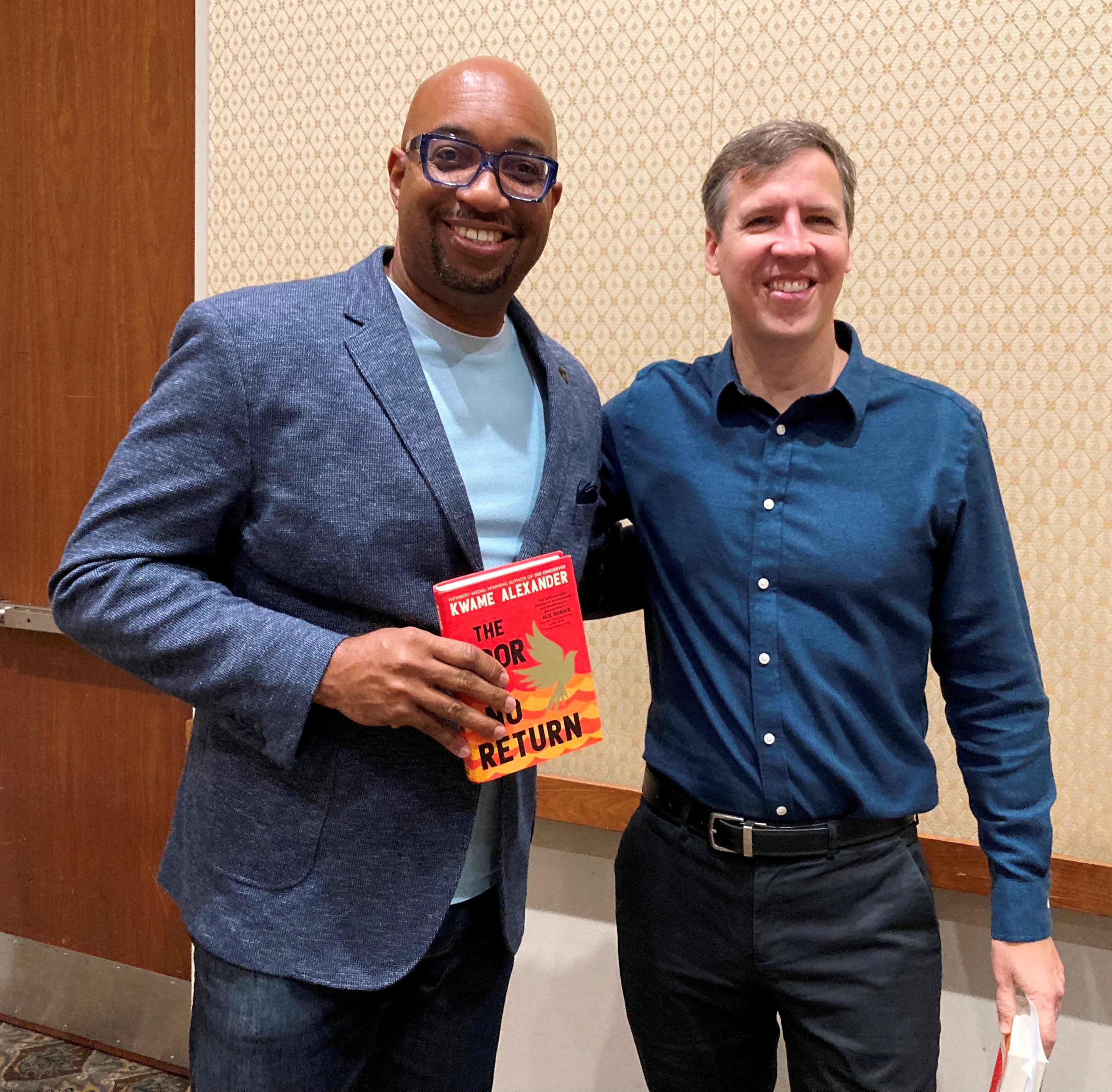 |
|
| Kwame Alexander (l.) and Jeff Kinney | |
Kinney asked Alexander about his motivation for writing The Door of No Return. Alexander has traveled to Ghana 11 times since 2012. One of those times he was sitting and "shooting the breeze" with a local man. Alexander wanted to find common ground for a discussion and believed slavery was what the two men had in common. The man said, "We learned that all the bad people got taken away.... Do you listen to Kanye West?" "Here I am," Alexander said, "trying to have this serious discussion, and he's trying to have a normal conversation. It occurred to me, maybe this isn't our connection." That's when Alexander decided, "I've got to write a book about these experiences I'm having in Ghana that can showcase the fact that 1619 isn't our beginning. It's our middle.... I'm going to write a story about a kid in Ghana who is just living his life." Why Ghana? Well, "A friend of mine [from Detroit] became the queen mother of a village." The friend invited Alexander to document some of her time--it felt like "a homecoming." "Most Black people... don't know where we're from."
"I had never heard of the 'door of no return,' " Kinney said, until he read about it in a memoir. "Have you been?" Yes, Alexander said, he had visited Cape Coast and Elmina, both of which have doors of no return. "Europeans built castles that were essentially holding cells," Alexander said. "The first time I visited, they take you on a tour of this holding cell, the prison. Where they kept the men, right above ground was a church where the captors worshipped. I thought, wow. The audacity. The inhumanity of that." Alexander's goal for The Door of No Return was to not focus on the cell, the audacity, the door, but to "write from that space." And to "write something [his 14-year-old daughter] can read and not be devastated. How do you write this story and have fun with it and leave with a feeling of hope?"
Reading the book "was a draining experience," Kinney noted. There's a lot of balance but also a feeling of dread "because you know where it's going." "No," Alexander quickly replied, "You don't. I traffic in writing about hope.... It took maybe four or five years of brainstorming and rewriting to actually write this book. It's the hardest thing I've ever written." "I have pictures in my books," Kinney pointed out, "it makes them more entertaining." "You call those pictures?" Alexander asked.
Kinney noted, "In the past two years, we've had a shocking amount of book bans. Some of the books being banned are so innocuous it feels like a practical joke." Are you thinking about that when you write? "Absolutely not," Alexander replied. "I try not to be defined by people's limited imaginations. As Toni Morrison said, the real purpose of racism is to distract us. I don't want to be distracted." What Alexander is working toward, he explained, is showcasing "our capacity to change the world one word at a time."
A member of the audience asked Alexander what he would like readers to ask themselves as they read the book. He said, "My dad was a bookseller. You all are my people. Here's my ask: I want you all to talk about this book not in a way where we make it about slavery. 'Cause that's not what it's about. I want you all to really do some work to remember that this book is about a boy who... is going about his life until it's interrupted." --Siân Gaetano, children's and YA editor, Shelf Awareness











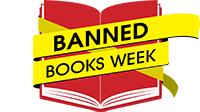 Banned Books Week
Banned Books Week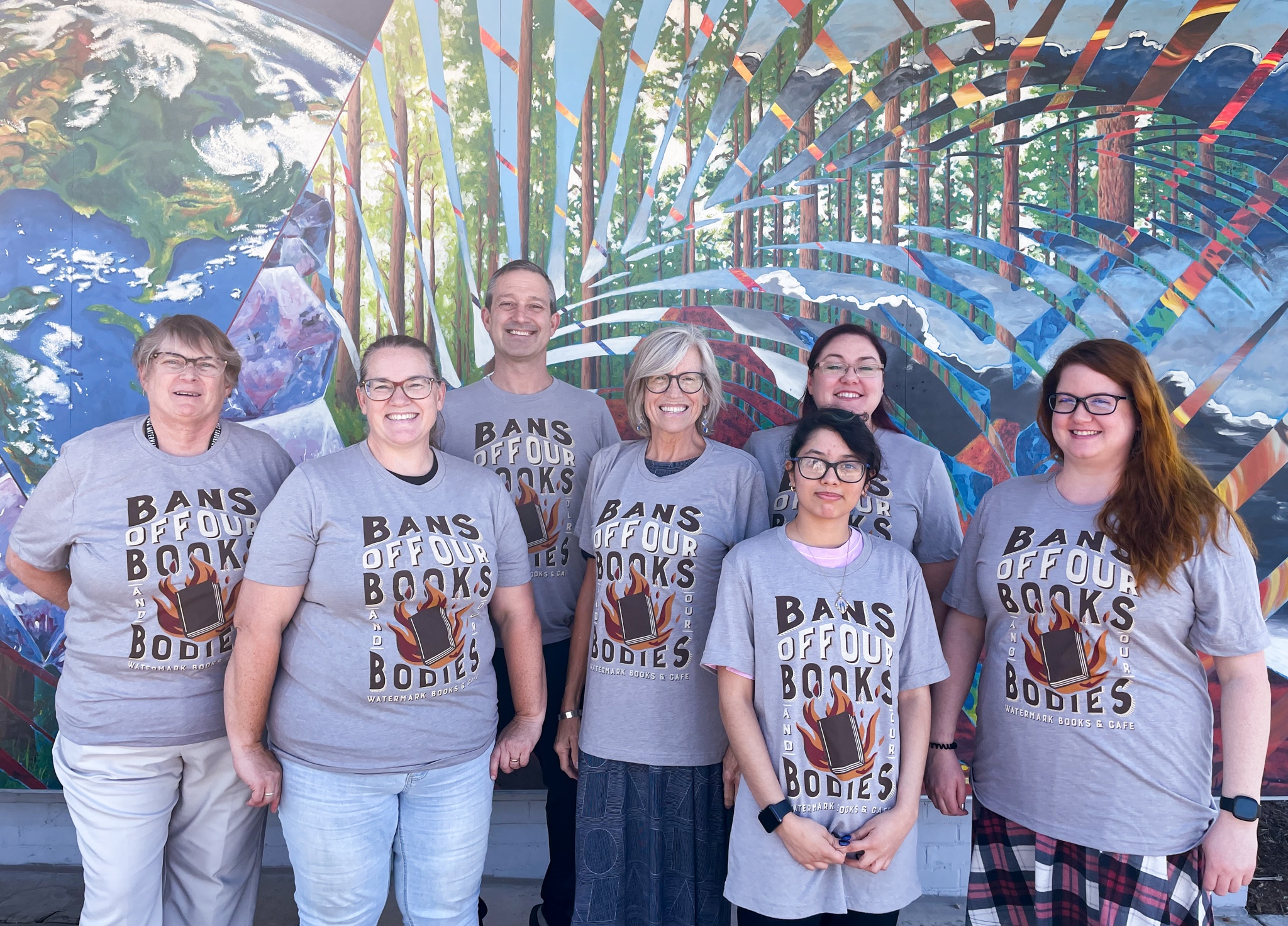
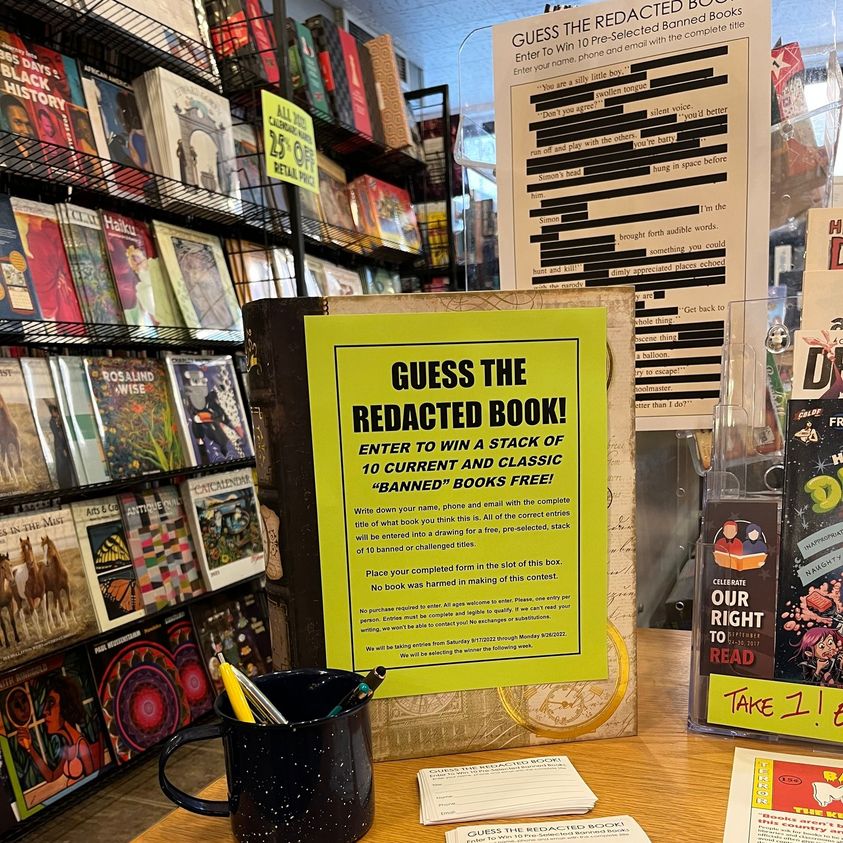
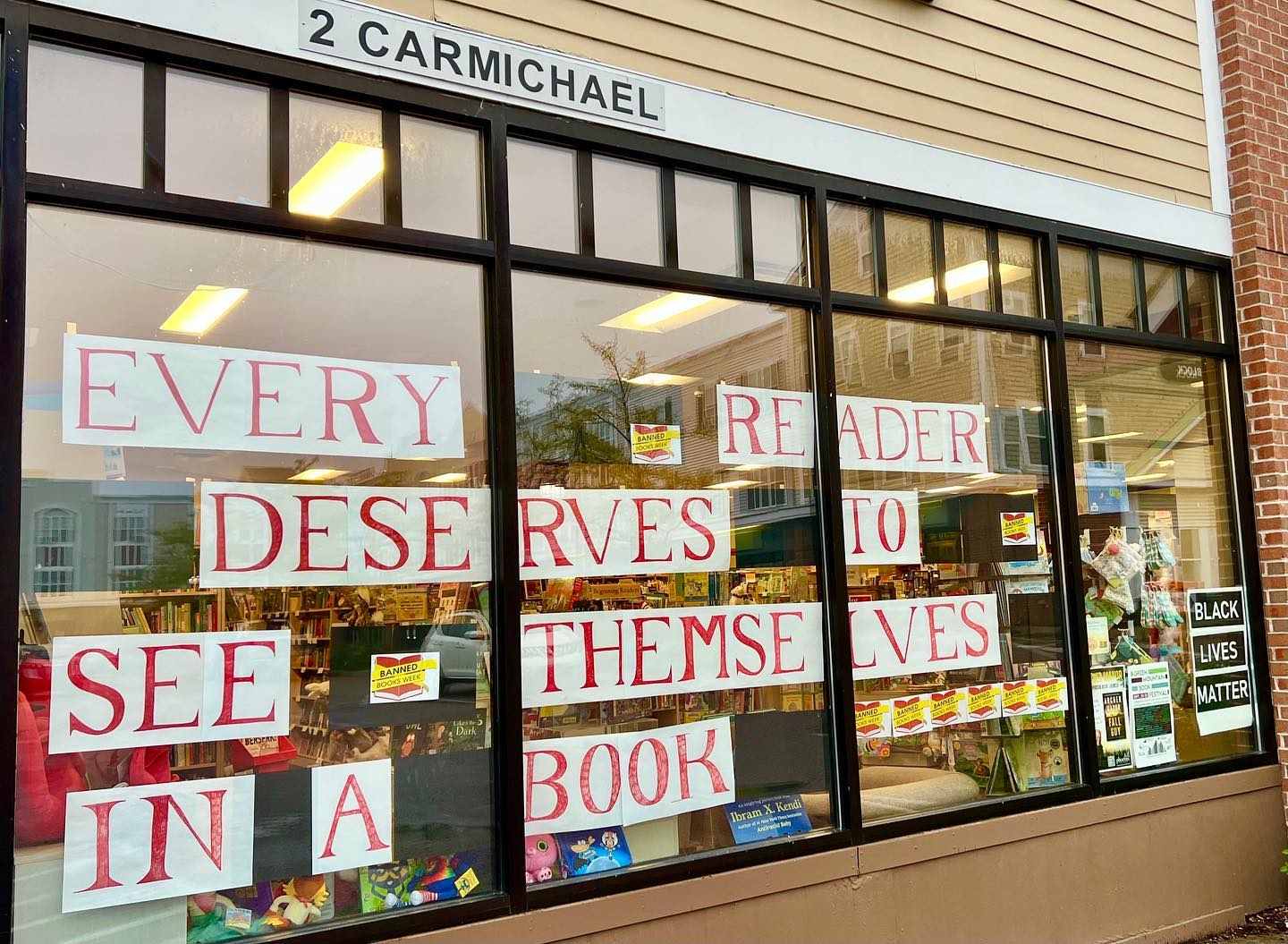
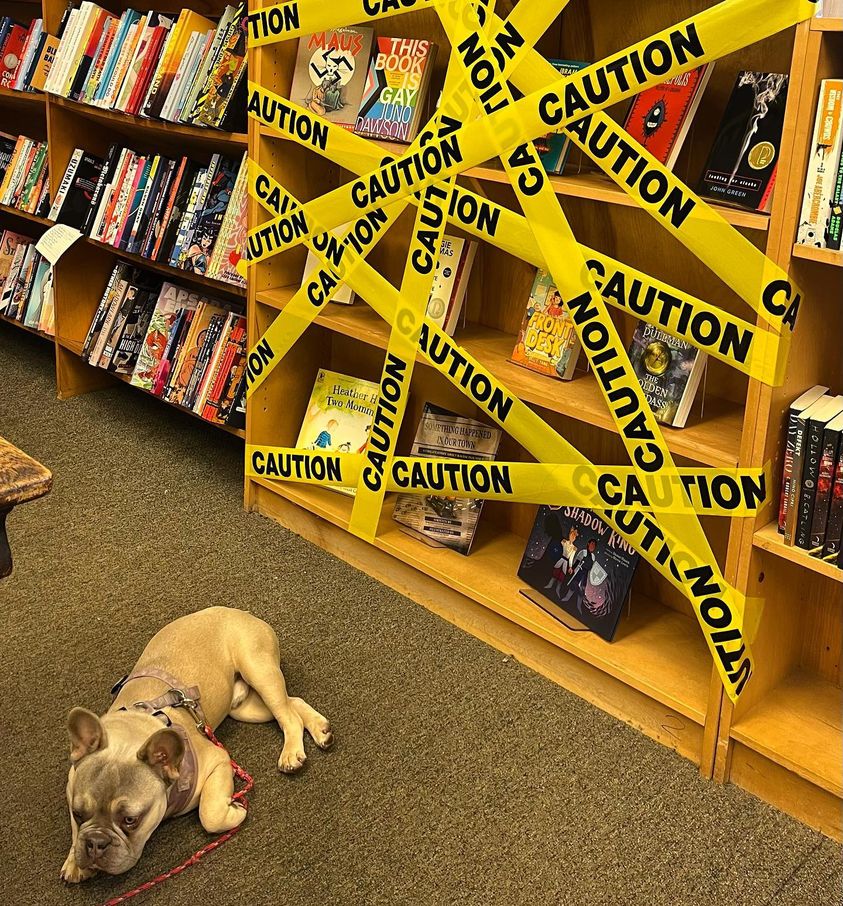

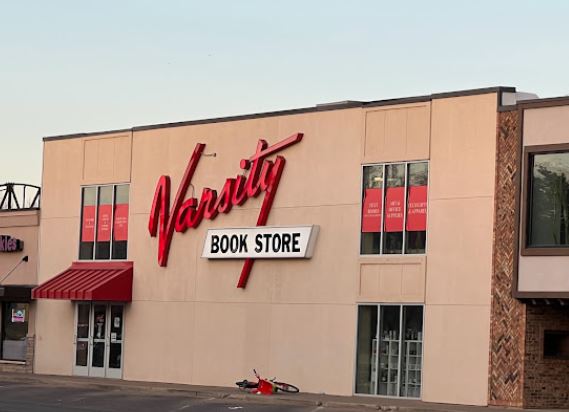
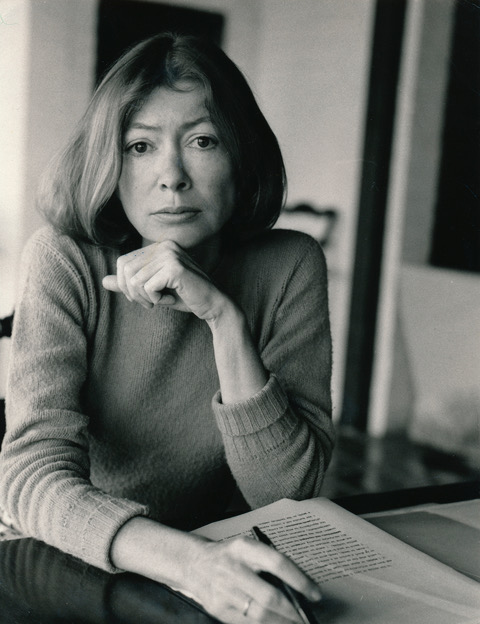
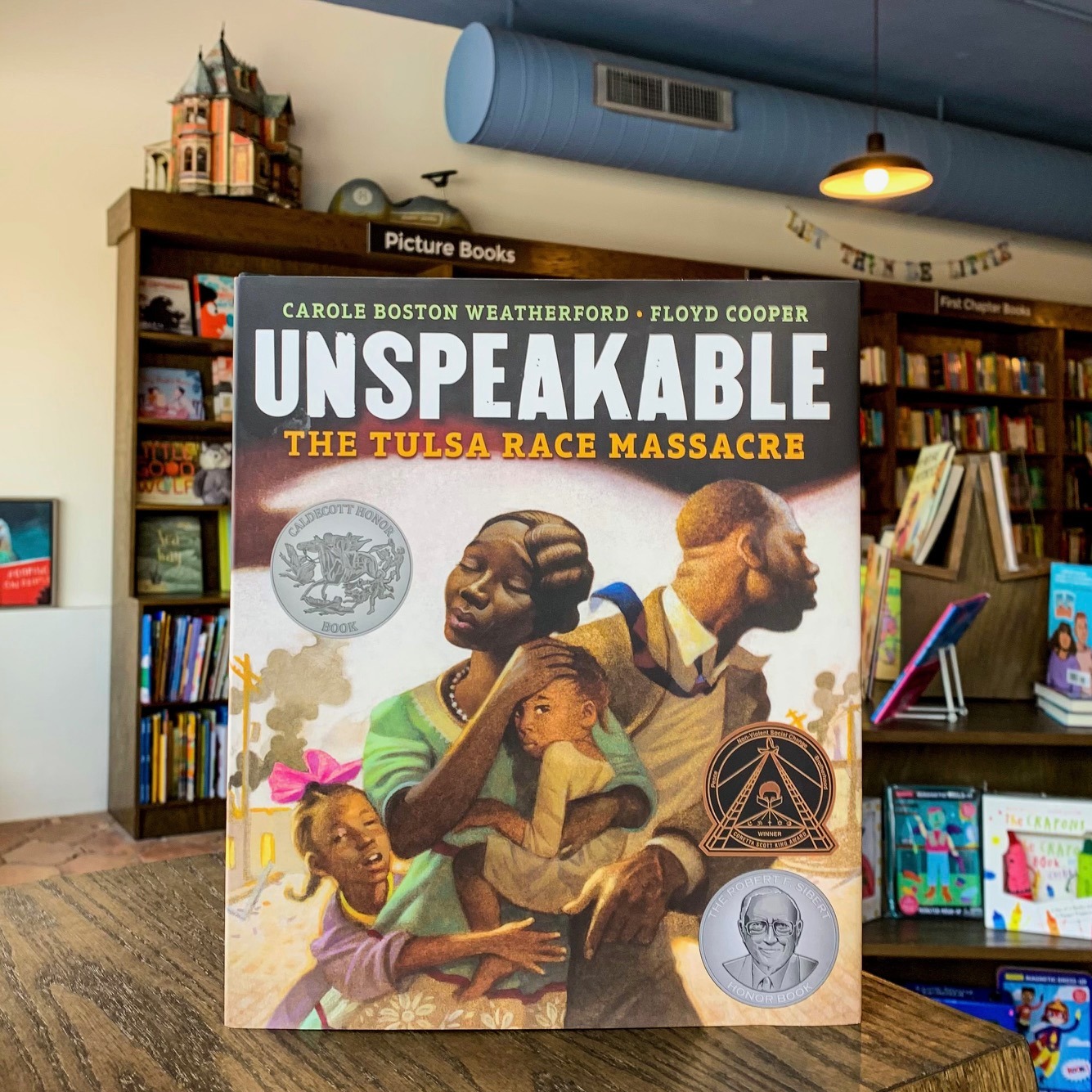 "During this #BannedBookWeek, it's come to our attention that
"During this #BannedBookWeek, it's come to our attention that 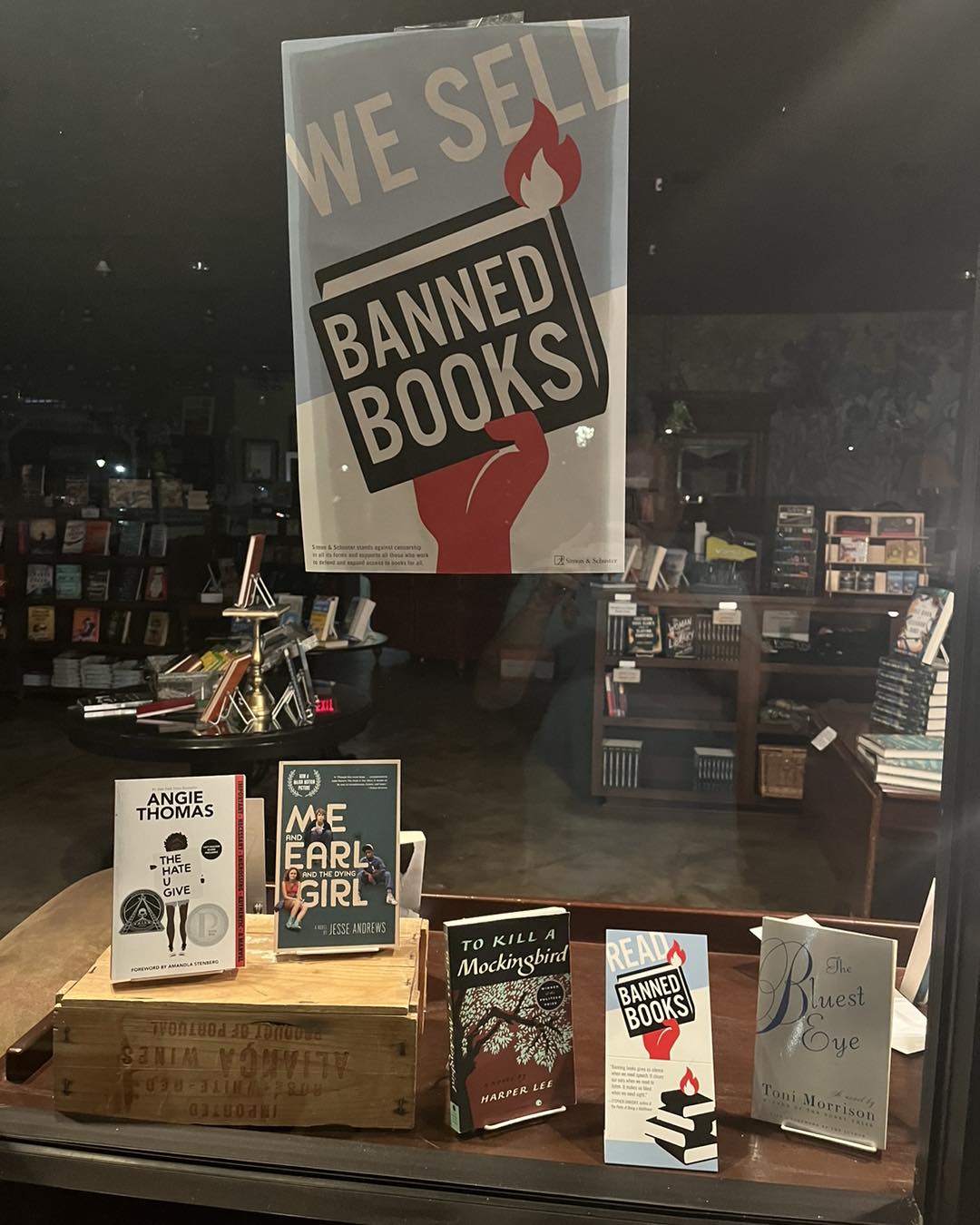 Posted on Facebook by
Posted on Facebook by 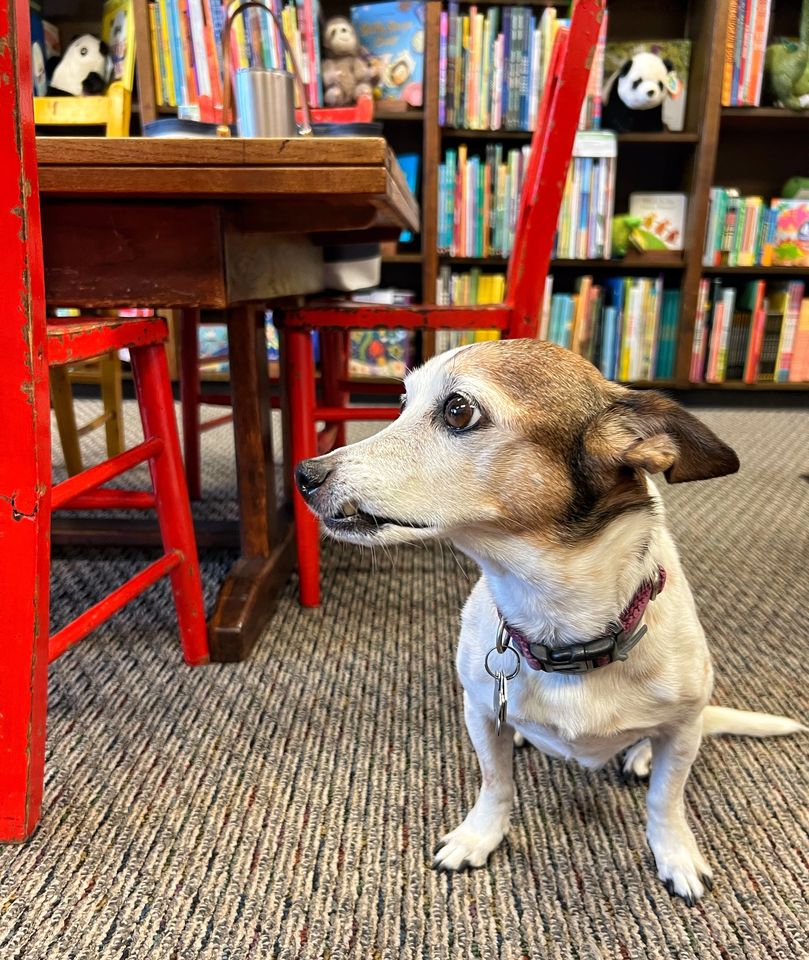 "
"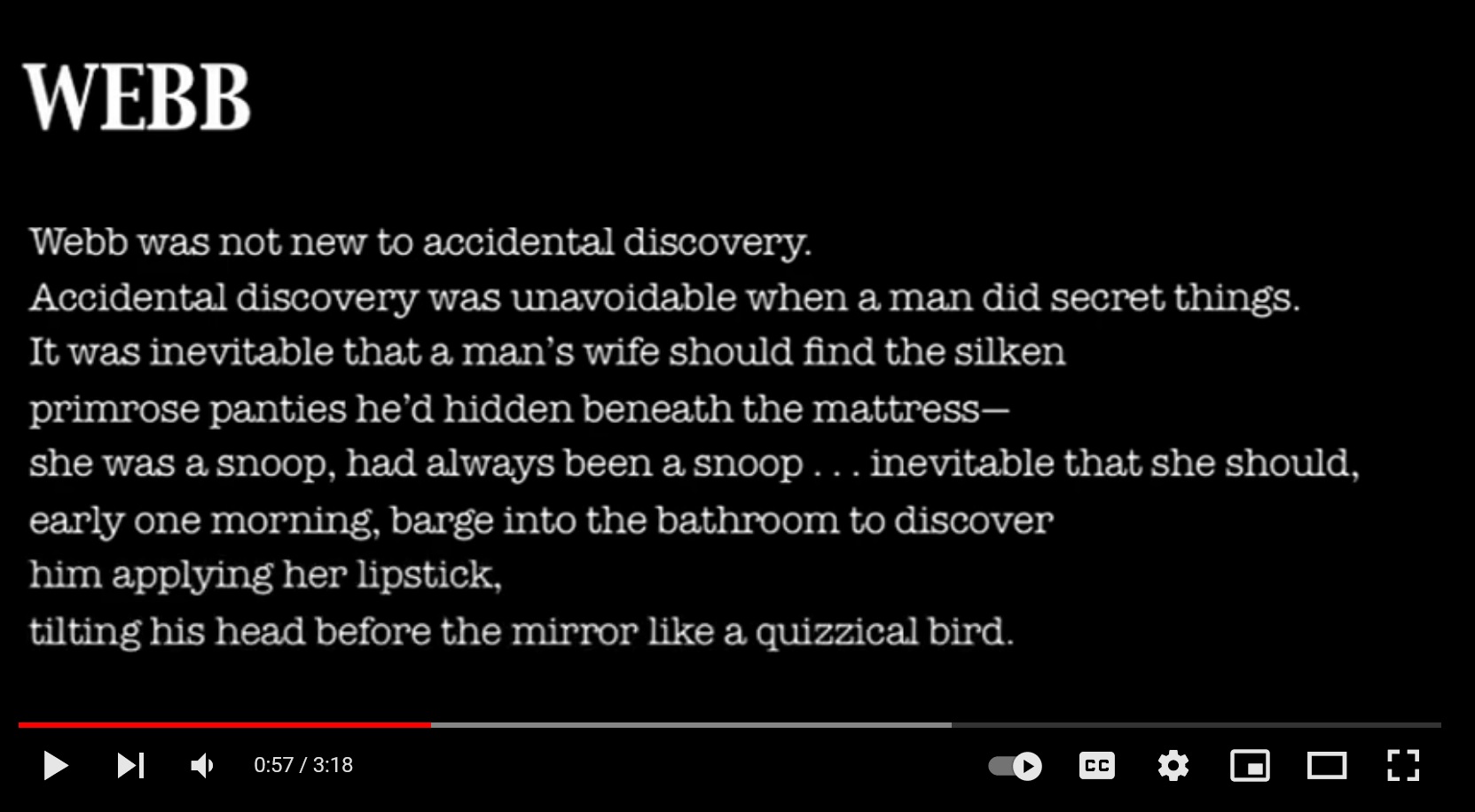 All the Tiny Beauties: A Novel
All the Tiny Beauties: A Novel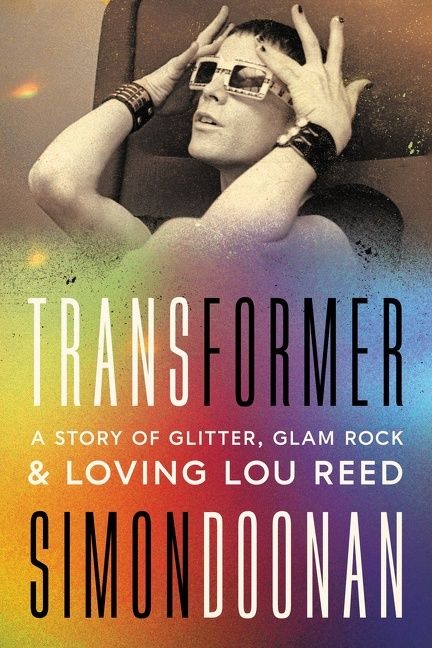 Glam rock, which first sashayed onstage in the early 1970s, rebuked rock music's customary machismo, and no album did the job better than former Velvet Underground front man Lou Reed's second solo effort, 1972's Transformer. On the occasion of the record's 50th anniversary, the perceptive and consummately witty Simon Doonan (Beautiful People; Drag: The Complete Story) presents Transformer: A Story of Glitter, Glam Rock, and Loving Lou Reed, in which he asks the musical question, "How did Lou become the guy who decided to fill the LGBTQ+ void and skew an entire album toward me and my cohort?"
Glam rock, which first sashayed onstage in the early 1970s, rebuked rock music's customary machismo, and no album did the job better than former Velvet Underground front man Lou Reed's second solo effort, 1972's Transformer. On the occasion of the record's 50th anniversary, the perceptive and consummately witty Simon Doonan (Beautiful People; Drag: The Complete Story) presents Transformer: A Story of Glitter, Glam Rock, and Loving Lou Reed, in which he asks the musical question, "How did Lou become the guy who decided to fill the LGBTQ+ void and skew an entire album toward me and my cohort?" 